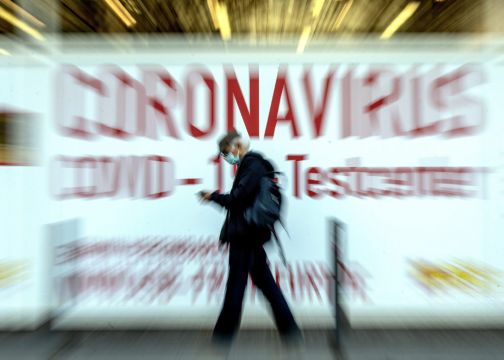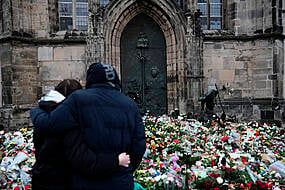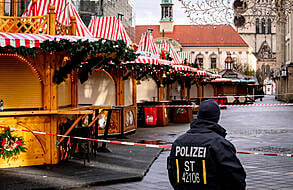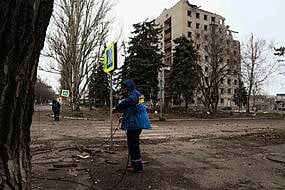German authorities are investigating allegations of fraud involving the massive rollout of free coronavirus tests, which are being carried out in converted mobile phoen stores, beauticians and art galleries across the country.
Germans have to present a negative test result to enter non-essential stores, visit restaurants or bars, or attend small-scale cultural events.
The government pays for one free test per person each week, which has led to more than 15,000 businesses offering antigen tests that provide results within 20 minutes.

“There is the suspicion, a very well-founded suspicion after everything I’ve seen, that there’s also been fraud,” Jens Spahn, the country’s health minister, said on Tuesday.
“There need to be criminal consequences,” he added, noting that prosecutors are investigating the allegations.
The issue has again raised questions of who is accounting for the German government’s spending splurge in response to the pandemic.
Last year, numerous applicants seeking government support for businesses affected by the lockdown were found to have made fraudulent claims, leading to a tightening of rules and severe delays in payments as further checks were conducted.
Mr Spahn said the government had spent about 660 million euros (£569 million) to cover the costs of providing up to 45 million free tests in a month — more than any other country in Europe.
His ministry was unable to say how many of those tests came back positive.







